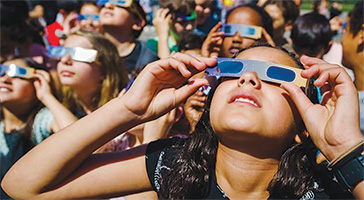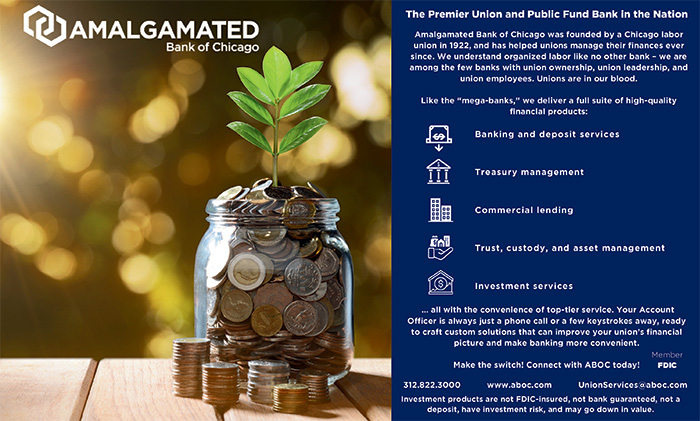 Did you look up at the solar eclipse last week without your safety glasses? Looking at the sun — even when it’s partially covered like during the eclipse — can cause eye damage.
Did you look up at the solar eclipse last week without your safety glasses? Looking at the sun — even when it’s partially covered like during the eclipse — can cause eye damage.
There is no safe dose of solar ultraviolet rays or infrared radiation, Dr. Yehia Hashad, an ophthalmologist, retinal specialist and the chief medical officer at eye health company Bausch+Lomb, told CBS News.
“A very small dose could cause harm to some people,” he said. “That’s why we say the partial eclipse could also be damaging. And that’s why we protect our eyes with the partial as well as with the full sun.”
HOW DO YOU KNOW?
Is it a sign of eye damage if your eyes hurt after looking at the eclipse? Your eyes likely won’t hurt if you look at the eclipse without protection — but that doesn’t make it any less dangerous.
In fact, the painlessness is part of why the event is so concerning to eye care professionals. Everyone knows better than to look at the sun. It’s very uncomfortable, very bright. So most people intuitively associate that with something they should not be doing, but with the eclipse, so much of that is blocked and so that natural sense of discomfort and aversion to the brightness is not there.
In some cases, the sun can also damage the cornea, which can be painful. The good news is that this fully heals without lasting issues. The retinal issues, on the other hand, are painless and can have permanent, lasting effects on vision.
OTHER SIGNS OF EYE DAMAGE
Hashad says there are a few “alarming signals” to be aware of, including:
• Headaches.
• Blurred vision.
• Scotomas, or dark spots. “You just see a black area or a black spot in the field of vision,” Hashad said.
• Color changes. “You don’t see the colors the same way you were seeing it before,” he said.
• Distorted lines. Hashad says this is clinically known as metamorphopsia, which makes lines appear warped, distorted or bent.
“This could be happening unilateral or bilateral,” he said. “So it doesn’t necessarily happen in both eyes. It could be affecting one over the other or both eyes together.”
Issues may not be apparent immediately, either, sometimes appearing one to a few days following the event. And while some will regain normal visual function, sometimes the damage is permanent. Often there will be some recovery of the vision in the first few months after it, but sometimes there is no recovery and sometimes there’s a degree to which it is permanent.
WHAT SHOULD YOU DO?
If you’re experiencing any symptoms of eye damage, Hashad suggested people “immediately” seek an ophthalmologist’s advice. Unfortunately, there isn’t a treatment for solar retinopathy, the official name for the condition.
“Damage from the solar eclipse could happen to the retina in seconds,” Hashad said. “That’s why we don’t want people to stare even for a short period of time — even if for a few seconds to the direct sun — whether eclipsed or even partially eclipsed.”


